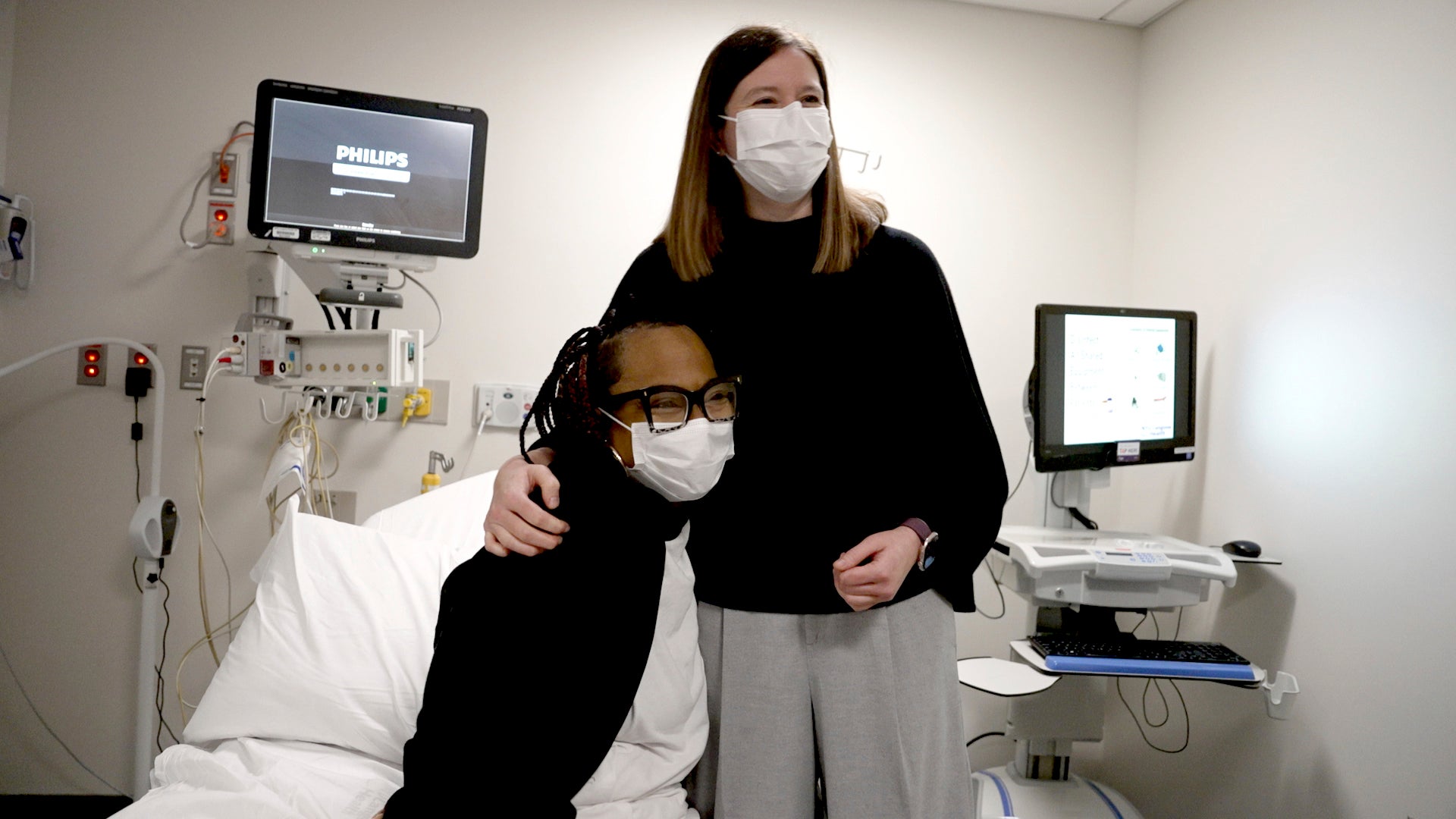The Independent's journalism is supported by our readers. When you purchase through links on our site, we may earn commission.
Pig kidney removed from Alabama woman a record 130 days after transplant
Xenotransplantation is experimental but has the promise of increasing organ supply

Doctors say they’ve removed a pig kidney from an Alabama woman after she lived with the organ for a record 130 days.
Towana Looney has returned home to Gadsden after undergoing surgery a week ago. She is now back on dialysis, which is a treatment for people whose kidneys are failing.
Animal-to-human transplants involve organs or tissues from non-human animals to treat human medical conditions. Known as xenotransplantation, the experimental approach has the promise of significantly increasing organ supply, according to researchers.
There are critical shortages in donor organs available for transplantation in the U.S. and some groups face disparities in access. Every day, an average of 13 people in the U.S. die awaiting organ transplants, and more than 28,000 donated organs go unused each year because of system inefficiencies, according to the nonprofit United Network for Organ Sharing.

“Though the outcome is not what anyone wanted, I know a lot was learned from my 130 days with a pig kidney – and that this can help and inspire many others in their journey to overcoming kidney disease,” Looney said in a statement.
She thanked her doctors at New York City’s NYU Langone Health for “the opportunity to be part of this incredible research.”
Before Looney’s transplant, only four other Americans had received genetically-altered pig organs. Two of them received hearts and the others received kidneys, but no transplant lasted longer than two months and patients who were severely ill before the surgery died. A New Hampshire man who received a pig kidney in January is doing well.
“We did the safe thing,” Dr. Robert Montgomery, Looney’s surgeon, explained. “She’s no worse off than she was before (the xenotransplant) and she would tell you she’s better off because she had this 4.5-month break from dialysis.”
In xenotransplantation, the risk of infection from an animal organ may be higher than the risk from a human organ, as well as the risk of organ rejection. It’s also unclear if transplanted animal kidneys can do all the same things human kidneys can, according to the National Kidney Foundation.
Montgomery noted that what triggered the rejection is still being investigated. Looney and her doctors agreed it would be smarter to remove the pig kidney than to try saving it.

Looney had suffered an infection linked to her prior time on dialysis and her immune-suppressing anti-rejection drugs were slightly lowered, Montgomery said. Her immune system was reactivating after the transplant at the same time. The combination of both of those factors could have damaged the new kidney, he theorized.
Looney had been on dialysis since 2016 and her body was abnormally primed to reject a human kidney. She received the transplant last November.
Montgomery said Looney’s experience offers valuable insight ahead of an upcoming clinical trial.
Making xenotransplants work “is going to be won with singles and doubles, not swinging for the fence every time we do one of these,” he said.
With reporting from The Associated Press
Join our commenting forum
Join thought-provoking conversations, follow other Independent readers and see their replies
Comments